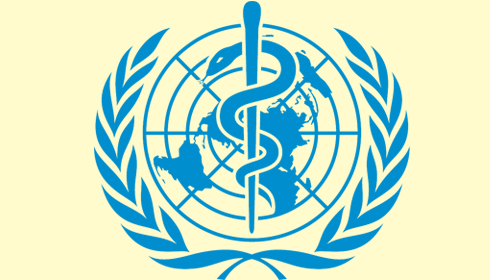
WHO Warns of Excessive Antibiotic Use During COVID-19 Pandemic
Recent evidence from the World Health Organization (WHO) highlights a concerning trend of widespread antibiotic overuse during the COVID-19 pandemic, potentially exacerbating the silent spread of antimicrobial resistance (AMR) worldwide.
Despite only 8% of hospitalized COVID-19 patients requiring antibiotics for bacterial co-infections, a staggering 75% of patients received antibiotics as a precautionary measure. This indiscriminate use varied across regions, with rates ranging from 33% in the Western Pacific to 83% in the Eastern Mediterranean and African Regions. Notably, between 2020 and 2022, while prescriptions decreased in Europe and the Americas, they surged in Africa.
The highest antibiotic usage was observed among patients with severe or critical COVID-19, with a global average of 81%. Even in mild or moderate cases, significant regional disparities persisted, with the African Region recording the highest use at 79%.
WHO classifies antibiotics according to the AWaRe (Access, Watch, Reserve) classification system, with "Watch" antibiotics, carrying higher resistance potential, being most frequently prescribed globally.
Dr. Silvia Bertagnolio, Head of Surveillance, Evidence, and Laboratory Strengthening at WHO's Division for AMR, emphasized the risks associated with unnecessary antibiotic use, stressing the imperative to improve their rational usage to mitigate negative consequences for patients and populations.
Contrary to expectations, antibiotic administration did not enhance clinical outcomes for COVID-19 patients. Instead, it posed risks to those without bacterial infections, underscoring the urgency of optimizing antibiotic use.
A systematic review will complement this analysis to inform upcoming WHO recommendations on antibiotic use in COVID-19 patients as part of the clinical management guidelines.
These findings stem from the WHO Global Clinical Platform for COVID-19, analyzing data from 450,000 hospitalized patients across 65 countries from January 2020 to March 2023. Presented at the ESCMID Global Congress in Barcelona, Spain, these insights highlight the imperative to enhance global efforts in antibiotic prescribing, particularly ahead of the UN General Assembly High-Level Meeting on AMR in September.
The UN High-Level Meeting on AMR seeks to unite global leaders in mitigating AMR's impact across human health, animal health, agri-food sectors, and the environment, emphasizing political leadership, financing, and actions to curb its emergence and spread.